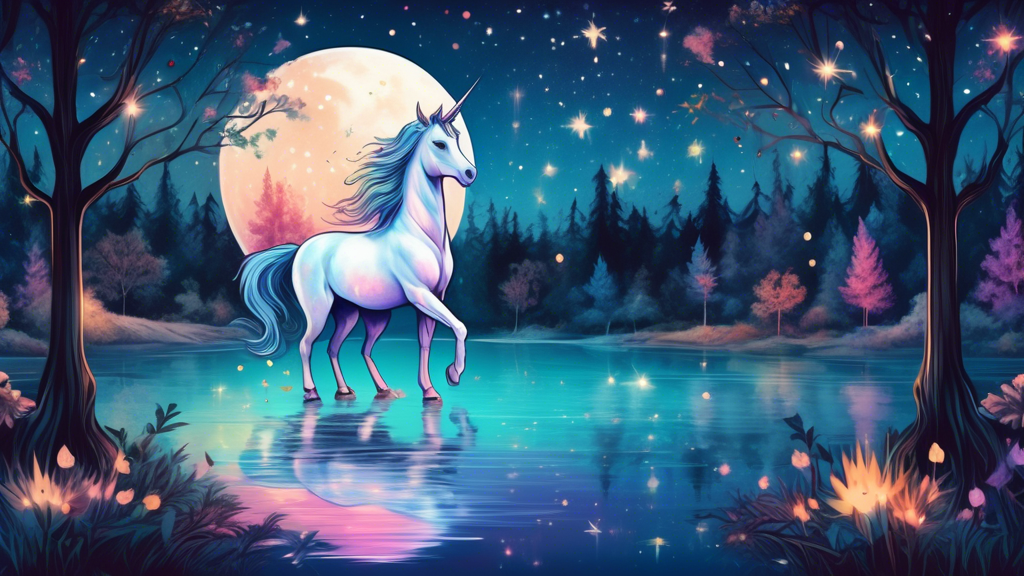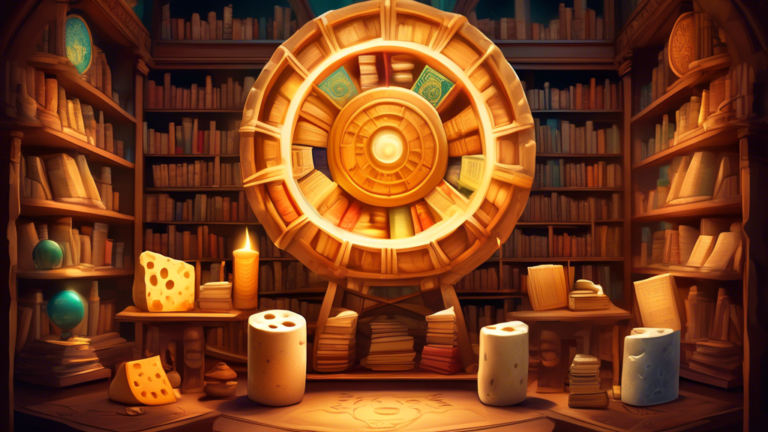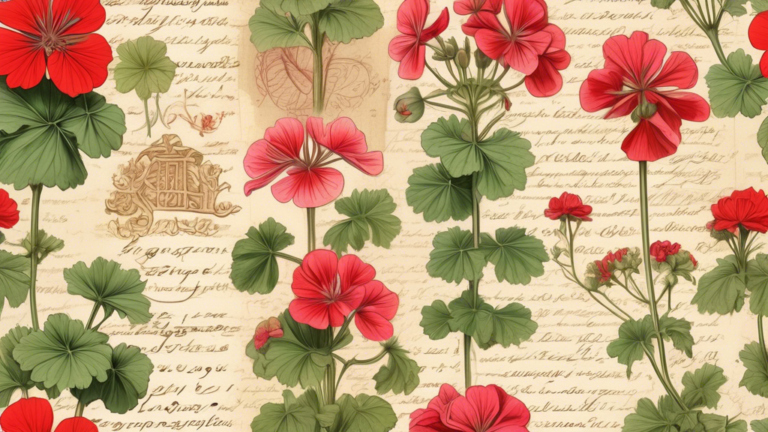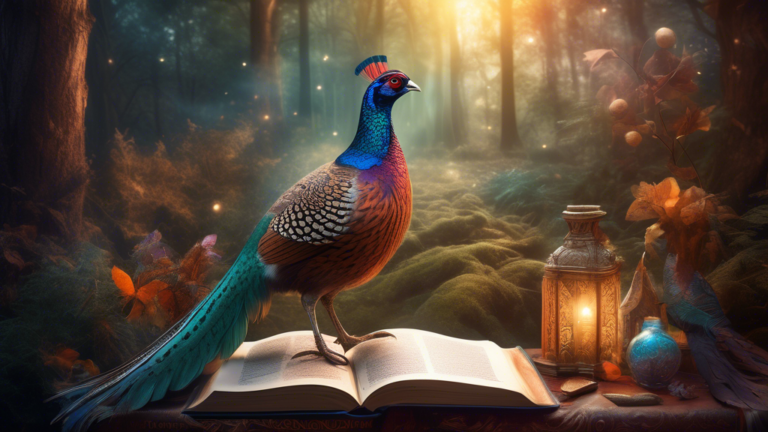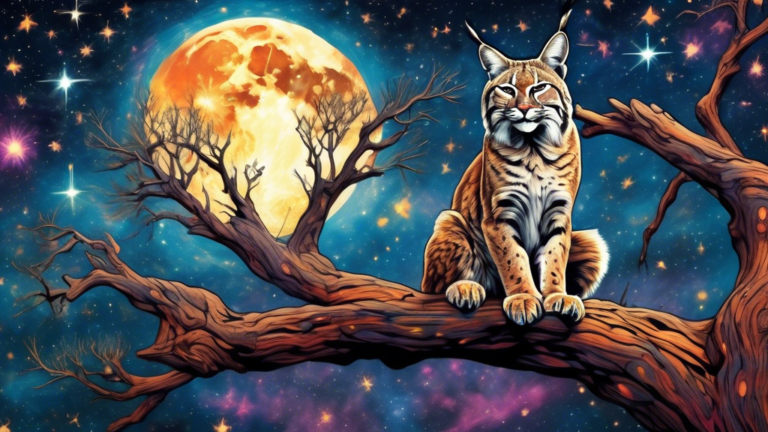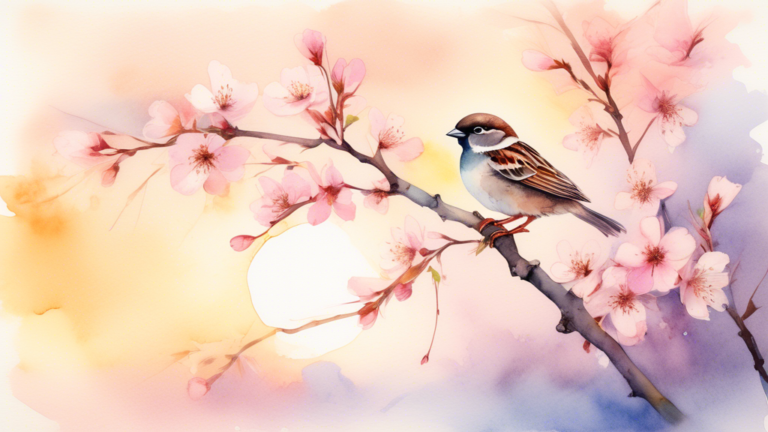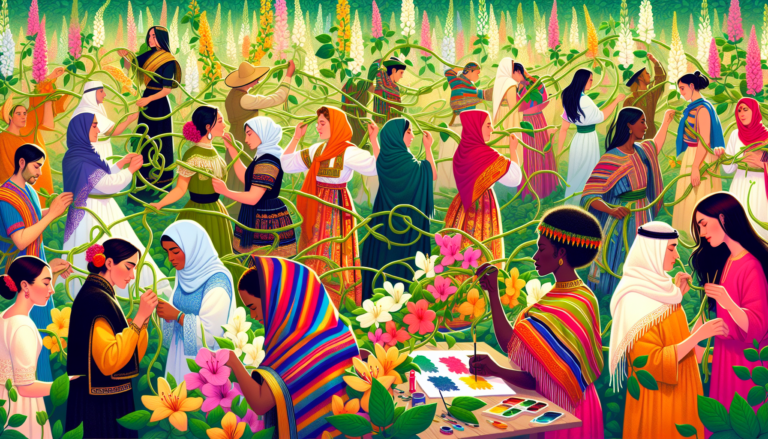Exploring the Symbolism of Unicorns
Introduction to Unicorn Symbolism
The unicorn, a mythical creature often depicted with a single, spiraling horn projecting from its forehead, has fascinated mankind across various cultures and eras. Steeped in mystery and magic, the symbolism of unicorns is multifaceted, touching on themes ranging from purity to rarity, and immortality. In this exploration of unicorn symbolism, we delve into its historical origins, cultural significance, and the varied interpretations that contribute to its enduring allure.
Historical Origins of Unicorn Mythology
The concept of the unicorn can be traced back to ancient civilizations. Descriptions resembling unicorns appear in ancient Mesopotamian artworks, and the creature is mentioned in the ancient myths of India and China. In Western folklore, much of the unicorn’s symbolism was solidified by medieval European lore, where it was predominantly seen as a wild woodland creature, a symbol of purity and grace, which could only be captured by a virgin.
Greek and Roman Influences
While not a part of Greek mythology, unicorns were described in the writings of Greek historians such as Ctesias and Pliny the Elder, who depicted the beast as a creature from India, resembling a horse or a goat. These accounts might have been based on sightings of wild beasts such as the oryx or rhinoceros, reflecting the blend of fact and fantasy that characterizes unicorn lore.
Biblical References
In the Christian context, the unicorn begins appearing in religious art. Translations of the Bible from Hebrew to Latin interpreted the Hebrew word re’em as unicornis, leading to multiple references in the Old Testament, where the unicorn symbolizes purity, divine power, and even Christ himself.
Cultural Symbolism Across Different Societies
Different cultures have embedded various attributes and meanings to the unicorn, often reflecting their societal values and beliefs.
Asian Traditions
In Chinese mythology, the unicorn is known as Qilin, representing prosperity, success, and longevity. This creature is depicted as a chimera with scales, the body of a deer, and an ox’s tail, often seen as a good omen announcing the birth or death of a sage or illustrious ruler.
Medieval and Renaissance Europe
In European folklore, the unicorn not only symbolized purity and chastity but also became a Christological figure. The hunt of the unicorn, as seen in famous tapestries, allegorizes the Incarnation of Christ and the idea of redemption. The unicorn’s horn, believed to neutralize poisons, resonated with themes of healing and protection.
Modern Interpretations and Uses of Unicorn Symbolism
Today’s popular culture continues to cherish the unicorn, though often with a shift towards more secular and diverse interpretations. The creature often symbolizes the celebration of difference, otherness, and rare beauty.
In Literature and Film
In modern literature and movies, unicorns often represent magical escape, innocence, and sometimes the hero’s uniqueness, re-emphasizing their role as creatures that defy normalcy and represent something beyond everyday life.
Commercial and Technological Realms
In the business world, a “unicorn” refers to a startup company valued at over one billion dollars, an entity as rare and desirable in the corporate sphere as the mythical beast in ancient forests. Similarly, the unicorn has become a symbol in discussions about individual uniqueness and personal growth in the digital age.
Conclusion
The enduring fascination with unicorns illustrates humanity’s ongoing attraction to the magical and mystical. From ancient religious texts to billion-dollar businesses, the symbolism of unicorns has evolved but always reflected a deep yearning for something beyond the tangible and everyday. As we continue to explore these mythical beasts, they remind us of the power of imagination and the human spirit’s endless quest for meaning and beauty in the world around us.
Exploring the Symbolism of Fog in Literature and Culture
Exploring the Symbolism of Manta Rays

